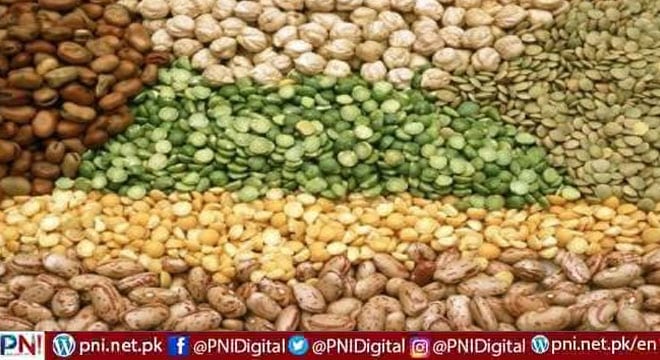ISLAMABAD, Feb 6 (APP): World Pulses Day will be marked on February 10 across the globe including Pakistan to recognize the significance and nutritional benefits of pulses (also known as “legumes”) pulses are not only nutritional, but they can also contribute to the development of sustainable food systems towards eradicating world hunger and poverty.
According to the UN, this is an effective strategy for achieving its 2030 Agenda for Sustainable Development, which aims at strengthening global peace and enhancing food security.
Pulses–also known as legumes–refer to the edible seeds of pod-bearing plants, such as dry peas, dry beans, lupins, lentils, and chickpeas.
While pulses exist in various shapes, varieties, sizes, and colours and remain a large part of dishes from across the world, the most popular and widely-consumed types of pulses are dried beans, peas, and lentils.
By definition, pulses strictly comprise dried seeds of leguminous plants cultivated for food and exclude vegetable crops harvested while still green. Their seeds are loaded with essential nutrients such as fiber, protein, vitamins, and minerals, making them important and healthy super foods.
Follow the PNI Facebook page for the latest news and updates.









